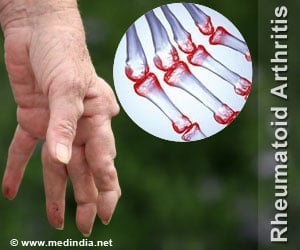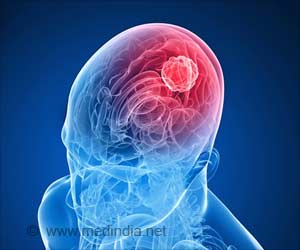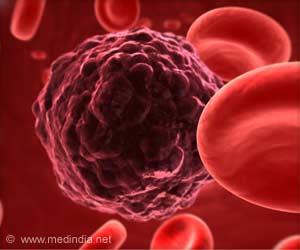Scientists have discovered that people with CHD8 gene mutation have a very strong likelihood that they will have autism marked by gastrointestinal disorders.
Scientists have discovered that people with CHD8 gene mutation have a very strong likelihood that they will have autism marked by gastrointestinal disorders. In their study of 6,176 children with autism spectrum disorder, researchers found 15 had a CHD8 mutation and all these cases had similar characteristics in appearance and issues with sleep disturbance and gastrointestinal problems. Bernier and his team interviewed all 15 cases with CHD8 mutations.
To confirm the findings, researchers worked with scientists at Duke University who do zebra fish modeling. The researchers disrupted the CHD8 gene in the fish and the fish developed large heads and wide set eyes. They then fed the fish fluorescent pellets and found that the fish had problems discarding food waste and were constipated. Bernier said this is the first time researchers have shown a definitive cause of autism to a genetic mutation. Previously identified genetic events like Fragile X, which account for a greater number of autism cases, are associated with other impairments, such as intellectual disability, more than autism. Although less than half a percent of all kids will have this kind of autism related to the CHD8 mutation, Bernier said there are lots of implications from this study. "This will be a game changer in the way scientists are researching autism," he said. The results could lead the way to a "genetics-first approach" that could uncover hundreds more genetic mutations and lead to genetic testing.
Genetic testing could be offered to families as a way of guiding them on what to expect and how to care for their child. Currently, autism is diagnosed based on behavior, said Bernier. In the short term, Bernier said, clinicians can pay attention to the small population with this CHD8 mutation and provide targeted treatment. Researchers say autism has currently been linked to different types of genetic events. The most commonly researched genetic events associated with autism are chromosomal re-arrangements, called "copy number variations," in which a chunk of chromosome is copied or deleted. But no one rearrangement affects more than 1 percent of all autism cases. While these copy number events are associated with autism, they do not have a definitive link, or as they say among researchers, a "strong penetrance." Then there are genetic mutations in which a gene has been disrupted and is not creating the kind of protein it should create. The CHD8 gene mutation is the first gene mutation to show a very strong penetrance linked to a certain subtype of autism.
Source-Eurekalert
















